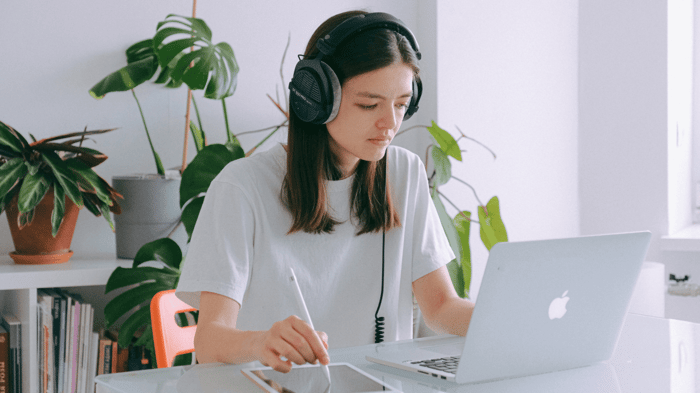In recent years, social media influencers have gained immense popularity and influence over people's purchasing decisions. Influencers, who are social media celebrities with thousands or millions of followers, often collaborate with brands to promote their products to their followers.
While this can be a lucrative business for both the influencers and the brands, there is a dark side to this influencer culture that is often overlooked: the contribution to overconsumption.
How do Influencers Contribute to Overconsumption?
Influencers often promote a lifestyle of excess and materialism. They showcase their luxurious lifestyles filled with expensive clothing, jewelry, gadgets, and exotic travel destinations.
They often flaunt their wealth by showcasing their designer handbags, shoes, and outfits. This creates a sense of FOMO (fear of missing out) among their followers, who feel compelled to emulate their favorite influencer's lifestyle by buying the same products.
Moreover, influencers often promote a culture of instant gratification. They frequently promote fast fashion, where clothes are cheaply made, trendy, and worn only a few times before being discarded.
This results in an increase in textile waste, which has a significant impact on the environment. Influencers also encourage their followers to indulge in impulse buying, promoting limited-time offers and sales that create a sense of urgency to buy. This type of buying behavior leads to overconsumption and a lack of consideration for the long-term consequences of their actions.
In addition, influencers often promote a culture of constant upgrading. They showcase the latest smartphones, laptops, and gadgets, creating a sense of obsolescence among their followers. This leads to a never-ending cycle of upgrading, where people feel compelled to replace their perfectly functional devices with the latest models.
The Psychological Impact of Influencer Culture
Influencer culture can have a significant psychological impact on people. It can create feelings of inadequacy, inferiority, and low self-esteem among people who cannot afford to buy the same products as their favorite influencer. Moreover, it can create a culture of comparison, where people constantly compare themselves to others, leading to feelings of jealousy and resentment.
In conclusion, while influencers have become an integral part of the social media landscape, their contribution to overconsumption cannot be ignored. Their promotion of excess, instant gratification, and constant upgrading has led to a culture of overconsumption and a lack of consideration for the long-term consequences of our actions.
It's essential to be aware of the psychological impact of influencer culture and to make informed choices that are not based solely on the influence of social media. As consumers, we have the power to shape our consumption habits and make a positive impact on the environment and our well-being.





